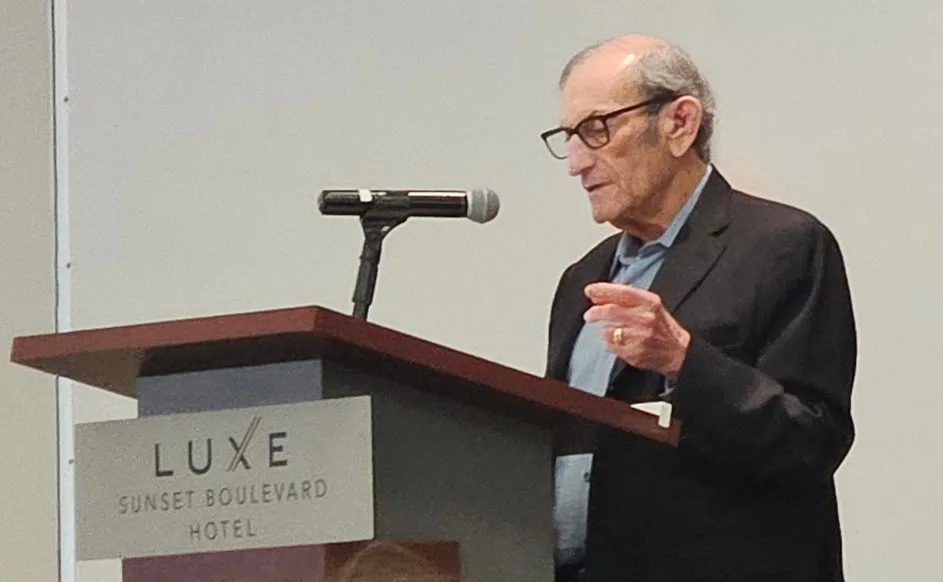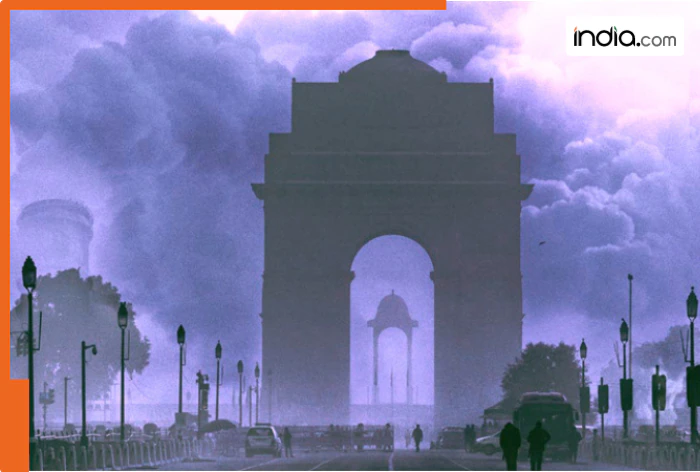Copyright Deadline

Like everyone in town, Ken Ziffren knows someone new is going to own Warner Bros Discovery soon, but he won’t say who – sort of. “Can’t help but mention the pending acquisition of WBD by a company called Paramount, Paramount Skydance or PSKY,” the circumspect grand dean of Tinseltown lawyers said this week speaking at a Beverly Hills Bar Association shindig. “Wat’s going to happen on that is obviously anyone’s guess,” the supremely plugged-in Ziffren Brittenham co-founder added in statement that might not completely pass a polygraph.” The weird part of it is that one way or another, we seem to be faced again with a change of control in terms of Warners, whether that goes to Paramount or someone else is unknown.” As the David Zaslav-run WBD has made it official that it is for sale, the David Ellison-owned PSKY, as it goes by on Wall Street, is pondering its options after a trio of increasing bids were rebuffed. Into all that, the Brian Roberts-controlled Comcast has indicated it may dip a little bit more than a toe into the suiter mix. Or, as the Philadelphia-based conglomerate did during Disney’s eventually very expensive acquisition of the bulk of Fox in 2017 Comcast may just be seeking to jack up the price of WBD for the Ellison family. With all that, Ziffren’s BHBA remarks of October 28 touched on several topics from market forces to the future of exhibition, and TV/Streaming. An annual tradition in the legal circle, as well as his UCLA symposium sit-downs, the hourlong speech from the predominantly softspoken Ziffren clearly had a few attendees squirming in their seats near the end. Also, more than a few of those there were more familiar with their salad, entrée and sorbet desert than the entertainment issues the 85-year-old Hollywood mandarin was detailing. Still, as one lawyer said later while waiting for his car at the Luxe valet: “Ken is a legend. Take any big deal of the past 30 years, any writers’ strike, he was in the room getting it done.” In that vein, next year’s collective bargaining between the now Greg Hessinger-led AMPTP for the studios and the Guilds were a center point for Ziffren – or rather, what will dominate said talks. Scanning what was at stake and was decided out of the 2023 strikes, the seasoned attorney stated that AI and residuals will undoubtedly make an appearance during the 2026 contract talks – but they won’t be the heart of the matter. “The primary issue will be something radically different, namely, that precarious balance of our industry’s health plans for each of the three Guilds,” Ziffren said in his view of what will be on the table with the AMPTP for the WGA, the DGA and SAG-AFTRA respectively. Noting, but not revealing that “insiders know one of the three Guilds has only a six-month reserve” for their heavily subscribed health plan (take a guess who he is referring to Spidey fans), Ziffren exclaim that some hard choices and tough numbers are going to have to be confronted to keep the “Cadillac” health plans solvent and successful over the next decade. I am not blaming them for negotiating excellent high coverage, nor am I blaming the production companies for reducing the number and cost of programming,” Ziffren asserted of the benefits Guild members enjoy and the rapid decline in H’wood output over the last three years. However, clearly carefully choosing his words, Ziffren did say that in his POV to make the numbers work the Guild members are going to have “to give up a number of the perks they currently enjoy” in exchange for a big injection of cash from the studios. “Neither side will be happy,” Ziffren admitted of the “equitable solution” healthcare pill both sides of the table may have to swallow to keep already besieged Hollywood workers covered. With sources at the Guilds and studios acknowledging the state of the health plans going into next year’s talks, Ziffren’s prescription doesn’t sound far off base. Yet, in an industry still sore from the long strikes of 2023, convincing working members, many of whom are still trying to get on their feet from the volatile last few years, that they need to sacrifice more could be a hard sell for Guilds and their new leadership. For all that, and it was a lot, it seemed Ziffren saved his true ire for one particular target: Nielsen. Yes, in an industry cartwheeling almost daily through new technologies, new owners, new formats and new audience expectations, the nearly-100-year-old measurement company was the sharpest thorn in Ziffren’s paw. A thorn the Influential and politically plugged-in lawyer wants to see a full-on investigation of for potential monopoly practices, undercounting and alleged ad revenue decimating. “There’s a pattern here, and it’s costing production companies through suppressed ad revenue, subscriber fee hikes, and ultimately less choice for viewers,” Ziffren argued, citing decisions made to keep the likes of Stephen Colbert and others on-air based on who was really watching and how much money could be made off those viewers – or not. “Or as we lawyers might say, maybe it’s prime condition for an investigation of Nielsen’s monopoly,” he continued, citing rivals such as VideoAmp (who have been accused of overcounting) as being likely more accurate with who is watching and what they are actually watching. “We have before us an imperative to demand a competitive, accountable and innovative measurement framework. A measurement that must reflect reality.” Nielsen, who have reporting panels of around 100,000 individuals around the country providing data to them daily, declined to comment when contacted by Deadline about Ken Ziffren’s comments.



